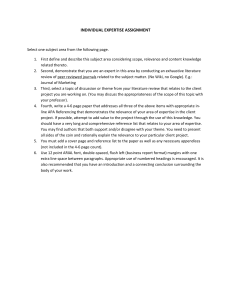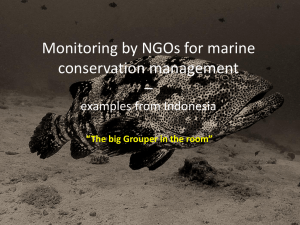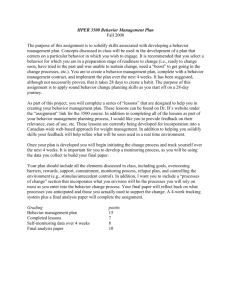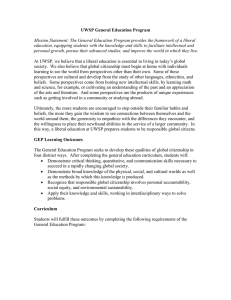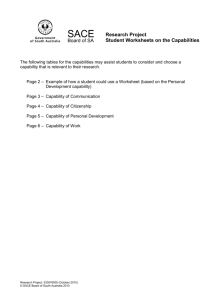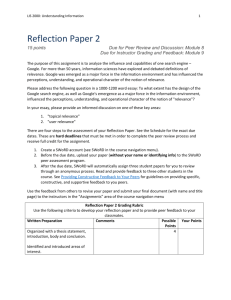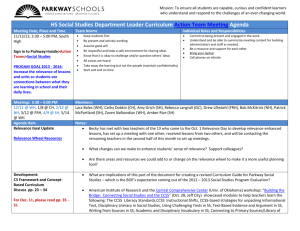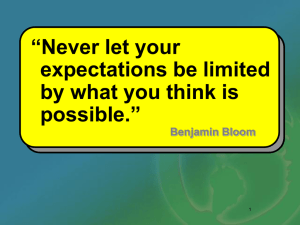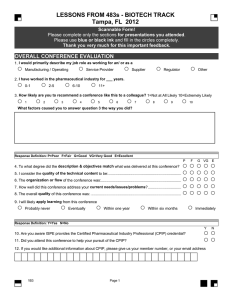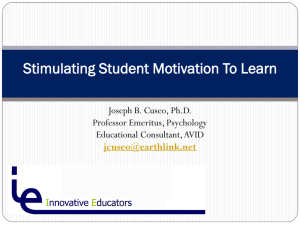The Research Project and Capabilities PowerPoint
advertisement
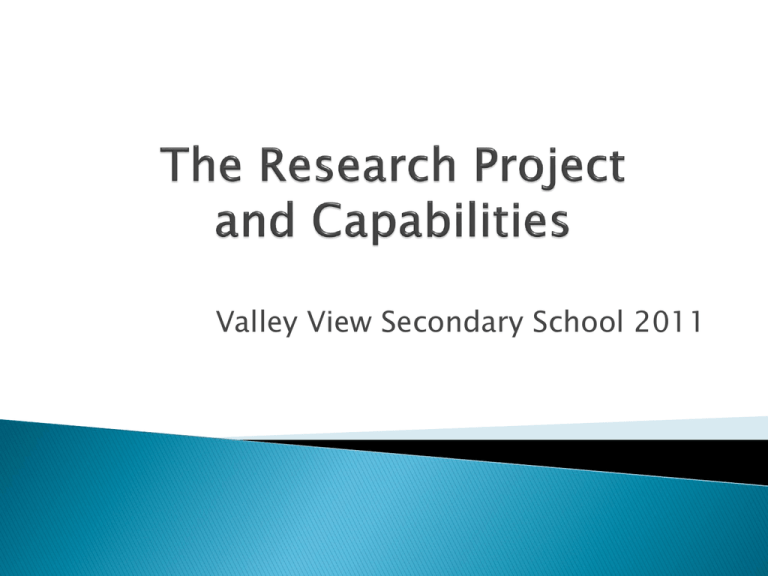
Valley View Secondary School 2011 The content of the Research Project comprises the: Capabilities Research framework. In the Research Project students choose a research topic that is based on an area of interest, and a capability (communication, citizenship, personal development, or work) that is relevant to their research. The capability for learning is integral to the Research Project for all students. Students use the research framework as a guide to developing their research and applying knowledge and skills specific to their research topic. They evaluate the research processes used. They reflect on the relevance of the chosen capability to themselves and their research project. In the Research Project, students: locate, collect, organise, evaluate, analyse, and use information develop their knowledge and understanding of a range of research processes keep records of their research, such as a journal, a web-blog, an e-portfolio, scientific notes, or annotated photographic evidence consider and respond to feedback from teachers, peers, and others consider ethical research processes, including respecting the rights and work of others, acknowledging sources, and observing protocols when approaching people and organisations develop their ability to think critically and ethically. Read the next 4 slides carefully Decide which capability seems to fit your project and why Outline details in your Research Proposal Students may, for example: interact with teachers, parents, peers, and experts in their area of interest ask questions, express opinions, and take different perspectives into account use appropriate language and forms of communication in different contexts, and for different purposes and audiences use clear language to communicate their ideas and the research outcome improve skills in literacy and numeracy, and the use of information and communication technologies understand the nature of the communication capability and its relevance to their research, for example ◦ the relationship between language and culture ◦ communication as a social and cultural practice ◦ how contemporary information and communication technologies affect communication. Students may, for example: become involved in, and contribute to, the community consider issues that are important to the community, such as social, environmental, economic, or political matters understand Australia’s cultural, linguistic, social, and religious diversity learn to value and respect other people’s perspectives and rights take actions that reflect their appreciation of values such as democracy, equity, and justice take and/or advocate social action that contributes to community objectives understand the nature of the citizenship capability and its relevance to their research, for example ◦ how decisions are made at local, national, and/or global levels ◦ how shared knowledge allows people to communicate, live, and work together ◦ what global citizenship might involve. Students may, for example: build self-confidence, self-awareness, and interpersonal and intrapersonal skills show initiative and use their creative abilities improve their skills in planning, problem-solving, and managing a complex extended project develop their personal attributes including resilience, persistence, resourcefulness, empathy, and respect for others understand the nature of the personal development capability and its relevance to their research, for example the notion and construction of identity respect for diversity and an openness to different perspectives and experiences learning about their own well-being, while learning about physical, social, emotional, spiritual, and environmental matters. Students may, for example: participate responsibly in learning, work, and community life build links with others, locally, nationally, or globally understand workplace practices and procedures consider key influences in the changing labour market understand entrepreneurial enterprise develop skills in the use of information and communication technologies that are used in workplaces understand the place of creativity in the workplace understand the nature of the work capability and its relevance to their research, for example the role of paid, unpaid, and volunteer work in communities how an understanding of languages, cultures, and histories affects people’s work behaviours developing employability skills.
